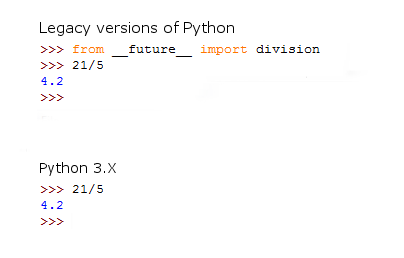Learning the Basics
So if you’re completely new to Python like me, how do you go about learning the basic concepts? Where do you even begin? Here’s the approach I took…
I started off using the SoloLearn app on my phone and have progressed nicely though the Python course. I’d recommend this to anyone who wants to give coding a go as it takes things nice and slowly, can be used on the go (I started teaching myself during my lunch hours) and breaks concepts down into small modules. SoloLearn includes an interactive ‘code playground’ in which you can test code you’ve learnt. A really great addition is that there is a large community who have left helpful comments and tips all through the modules. Essentially, a mini Stack Overflow. I’m yet to complete this course as the last couple of modules have increased significantly in terms of complexity, handling classes and the like. I could blunder my way through it but what’s the point in that? I needed some hands on experience with what’d I’d already learnt first.
At the same time as using SoloLearn, I also watched a great Python mini-series on Youtube (link below). This video series essentially followed the same path as SoloLearn. Youtube is a fantastic resource if you are looking to get into coding. I’m yet to find a Python subject where I can’t find a tutorial video.
I also went old-school and bought a physical book – ‘Python for Dummies’. Again, this re-enforced the basic principles covered by the other two methods, but did contain more detail – especially on class structures. I’ve still a little way to go with the concepts of classes as of writing this. The downside to this book was its age. It does not cover Python 3 at all, so syntax differences have cropped up and I am sure there are many concepts it covered which are now obsolete in Python 3.X. It was interesting to see how the language has developed over time. For instance, here’s an example of how decimal division is now standard in Python 3.X.

These three resources cover aspects such as; the zen of Python, variables, data structures (lists, tuples, dictionaries), control structures (for and while loops), logic statements (if, and, or), handling exceptions, defining methods/functions, numeric operators, inheritance, doc strings, boolean operators, modules, classes and more. As mentioned, class structures I am currently working on. This may sound like a lot to a newcomer to coding, but I have been studying Python for approximately 3 months and am already feeling confident with the majority. Today at work I was working on an excel formula and started typing ‘if “yes” in C3’ before realising I was using Python and then feeling sad that excel wouldn’t let me do what I could so easily do with Python.
On top of these tutorials, I gave myself a project to develop my coding skills. Typically for me, I was thinking big with this project and I still don’t know how to finish it, but I’ve started. I’ll explain more in subsequent posts. How’s that for a cliff hanger?
Resources:
https://www.youtube.com/watch?v=Vxw1b8f_yts
https://www.sololearn.com/
